Autism is a neuro-biological pervasive developmental disorder identified by severe deficiency in social skills, behaviour and reciprocal social interactions. It becomes visible in early childhood and affects major aspects of a child's development.

Causes:
Symptoms:
Ayurvedic Approach: In Ayurveda, Autism is defined as the role of disarrangement in brain nerves and cells which cause impairment and functioning of the mind. Ayurveda understands autism as a gastrointestinal pathogenic infection which results in endotoxins and microbial infection. These microbes migrate to the brain and hamper the brain cell functioning.
Many Ayurveda options are available depending on the individual symptoms of the children. Ayurveda gives new hope in the management of autism spectrum disorder(ASD) with its holistic and authentic approach. Combination of
Asthma is one of the most chronic disease of childhood. It is a lung disease characterized by difficulty in breathing. Asthma is a respiratory condition that causes shortness of breath, wheezing and coughing. This condition is caused because extra mucus os produced in the respiratory tract, which narrows the path for air to flow in the respiratory system.
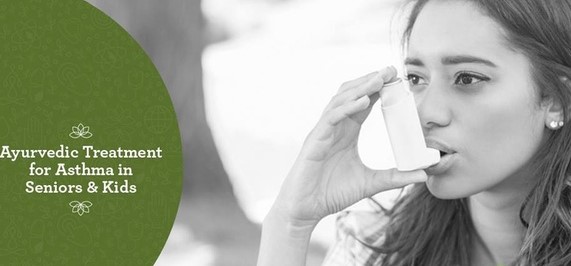
Causes:
Symptoms:
Treatment: Panchakarma treatment options tend to be systematically designed for patients so, all of the harmful toxins and bacteria get flushed out of the particular physical structure.
Rasayana therapies facilitate in rejuvenating the entire body and mind immediately after Panchakarma treatment methods.Ayurvedic Approach: Ayurveda offers great natural approaches to those who suffer from allergies and asthma, especially children.
The Medicines are recommended to pacify Kapha, detoxify the body and boost one's immunity.
What is ADHD?The term ADHD refers to Attention Deficit Hyperactivity Disorder. A condition that makes it difficult for children to pay attention and/or control their behavior.
Symptoms:
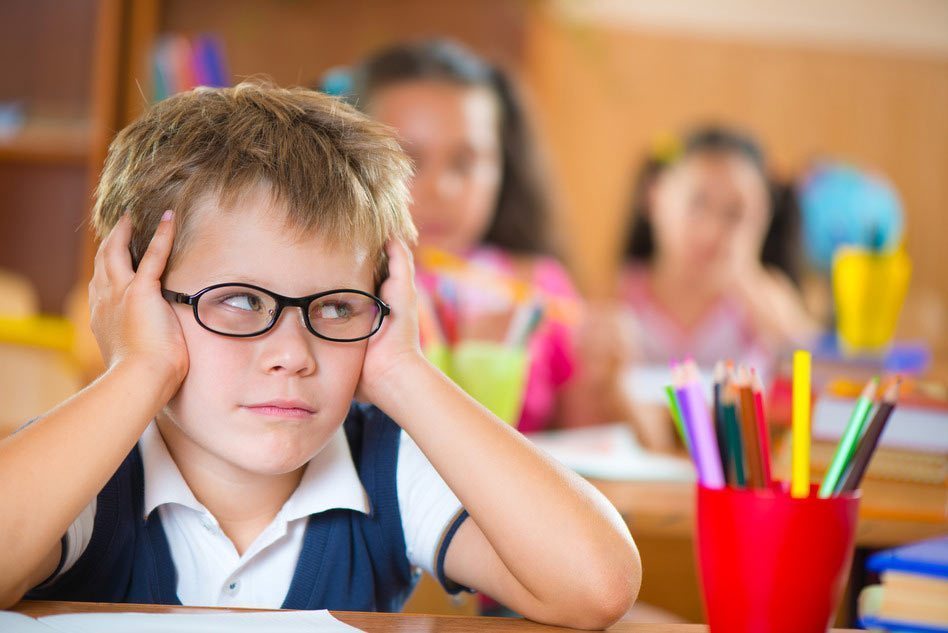
What does Inattention look like?

What does Hyperactivity look like? A child who can't seem to sit still and who is constantly moving, roaming things, squiming or fidgeting.
What does impulsivity look like?
Diagnosis:A child who is inattentive, hyperactive, impulsive does NOT necessarily have ADHD. Many normal children have some of these symptoms. And, the symptoms could be caused by Another Disorder entirely.
What causes ADHD?The causes of ADHD remains unknown, but most research suggest that the cause lies in Neurobiology. Although environmental & social factors can influence the severity of the disorder, they do not cause the disorder.
ADHD & Ayurveda: According to Ayurveda the main reason dor ADHD is vitiation of,
Psychological problems starts when fundamental imbalances develop in the biological intelligence that controls all bodily processes.
Effective principle involved to treat ADHD:
Effective Panchakarma Therapies:
Children become overweight and obese for a variety of reasons. The common factors for childhood obesity are lack of ,

Only a rare cases obesity is caused by hormonal imbalance. Obese children are at a risk for number of conditions:-
Ayurvedic Approach: In Ayurveda through proper Shodhana(Detoxification), the dosa imbalance can be bought back to normalcy. The child can be given mild massages which helps in diminishing the fat content of the body.
Kapha and Medohara drugs and treatments are beneficial for obesity wellbeing through Healthy Nutrition and Physical Activity.The most common metabolic disorder encountered in clinical practice. Type 1 is due to auot-immune pancreatic islet cell destruction. Type 2 Due to tissue insulin resistence associated with increasing age, obesity, family history and pregnancy.

Symptoms:
Hyperglycemia - Frequent urination, Always hunger, Thirsty, Debility, Genital Tching, Excess of sweat, delayed healing of wounds.
Hypoglycemia - Excess of sweating, confusion and anxiety, heart palpitations, fainting and shakiness.
Complications: Diabetic retinopathy, Diabetic rephropathy, Diabetic neuropathy, cardiovascular disease, diabetic foor ulcers, cognitive deficit.
Management in Ayurveda:
Reasons for diet:
Benefits of panchakarma:
What is Underweight? Underweight is the condition when Body Mass Index is below than persons normal age and height.
Causes:
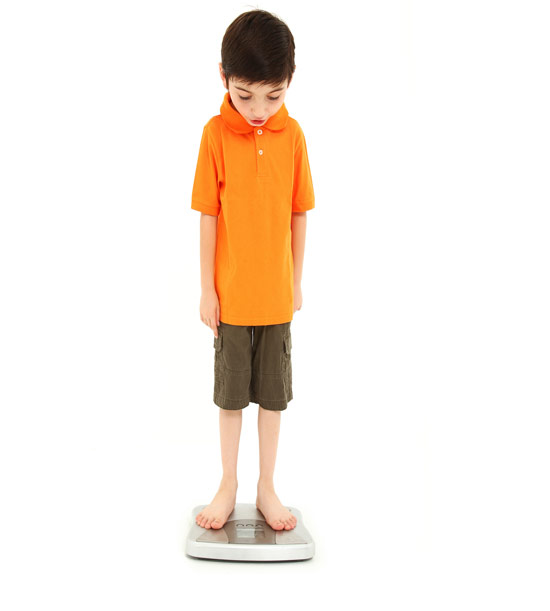
Ayurvedic Approach: To resolve the underweight problem Ayurveda emphasis on the balancing agni, so that deep tissues can absorb the nutrition which is given to body. So Ayurveda helps to increase the body's ability to absorb nutrition.
Ayurveda Acharyas recommend a special therapy called "Brimhana Therapy" to increase body weight naturally, boost immunity of the body and rejuvenate body tissues. This Therapy helps the individual to gain healthy body weight and enhanced immunity.
Benefits of Brimhana therapy:
Common Eye problem in children include,
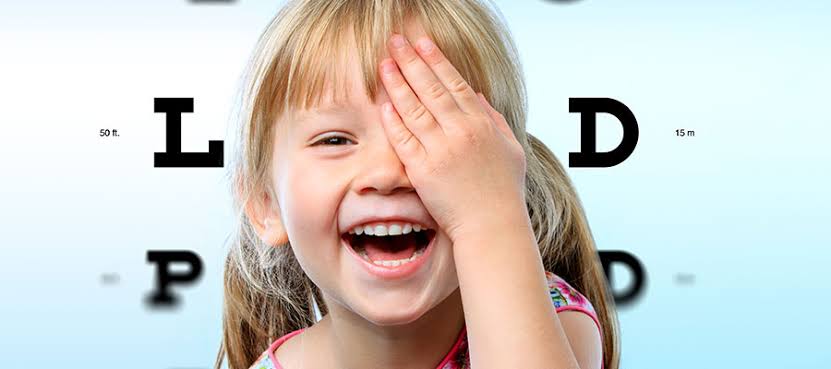
Our eyes are the most important organs we have in contact with the world around us. May believe that eyes are the window of our soul. We need to protect them and take care of these Delicate organs.
Ayurvedic Approach:Some special Ayurvedic Therapies can also help you to Eye care and treat your Eye problems. Ayurveda offers various Therapies for a proper eye care.
Ayurvedic Eye care Treatment:
Speech Disorder can affect the way a person creates sounds to form words. One of the most commonly experienced speech Disorder is Sluttering
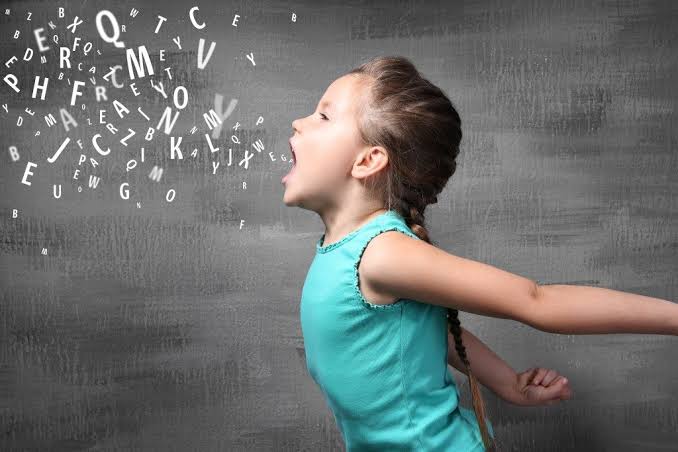
Causes:
Symptoms:
In present era Speech Disorder is one of the burning problems in childhood age. Speech Disorder make the child physically, psychologicaly,emotionally and socially handicapped. Due to communication problem all round development of child will be badly affected. Further this creates low self esteem, less confidence and Depression.
A safe and Holistic Approach with Ayurveda:
Internal Medications:-
Krimi or Worms is one of the most common and important aspect causing health problem in Children.
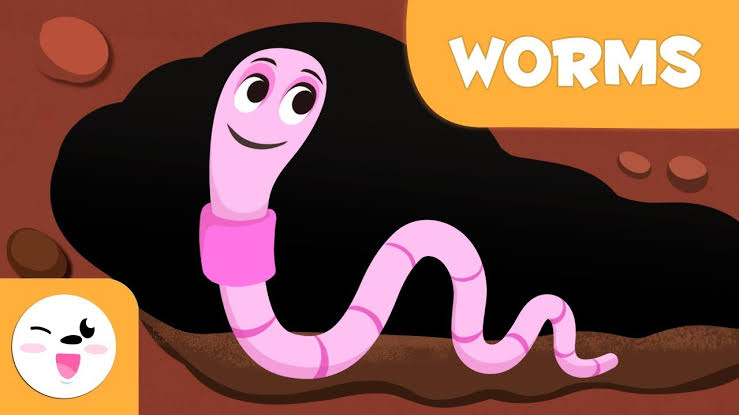
Causes:
Symptoms:

A little care and good personal and Dietary habits can keep your child away from several health problems.